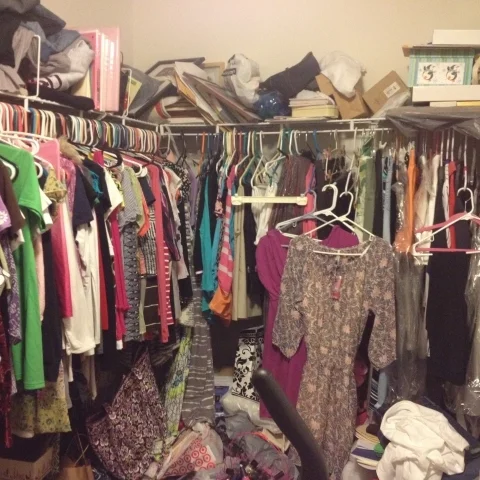“After a time, you may find that having is not so pleasing a thing after all as wanting. It is not logical, but it is often true.” -- Mr. Spock, Amok Time, Star Trek 1967.
Our media expert told us a story the other day. He was riding down the elevator of his apartment complex, and a man walked in carrying a huge box and leaned against the back wall in apparent exhaustion.
“Moving?” our friend asked on a hunch.
“Yeah--and I just found out that all five of my kids are hoarders.”
While this story makes us smile, the underlying problem is not as amusing. Moving is a serious business. Moving too much stuff can be expensive and frustrating. Learning to manage possessions before a move can result in a better life and smoother moving experience. So today, we’re going to examine the problem of having too much stuff.
Mothers declutter
Many mothers say they sneak into their children’s closets and weed out clothes which no longer fit. Old and broken toys, books and other belongings follow the same route. Some women also admit they do the same thing with their husband’s clothing.
“Honey, where is my old Dodgers baseball cap?” is met with a shrug, because, no, she doesn’t know what happened to it after she dropped it in the Goodwill clothing bin.
Appetite for more stuff!
Part of the problem is that, even though we have a limited amount of space, we seem to have unlimited appetites for acquiring more things. Unless there is an equal flow, we are bound to become victims of our acquisitions.
A secondary consideration is that not teaching children techniques to cope with the number of possessions they own is unfair to them. It’s a life skill which is quickly learned during the formative years but comes less rapidly by the time a person is middle-aged and has an entire workroom full of quilting fabrics or wood scraps.
We love the way shopping makes us feel. Plus, it's worth sixteen points, even without a double word score.
Do I want this?
Here in the U.S., we are taught by advertising what to want. Our great-grandparents shared a closet, often only had one pair of shoes, one coat, one car (if they were lucky!) and one credit card. The credit card was just in case something critical broke, such as the washing machine. Not the dryer, because they could always hang clothes on the clothesline. Fast forward fifty years. Our closets are bursting with fashions we won’t wear, six coats, a dozen pairs of shoes and a wallet full of credit cards. Much of this is the result of some pretty aggressive marketing on the part of retailers and banks.
The endorphins created by shopping contribute to the problem, as well, since the buying often offers much more pleasure than the having, as Mr. Spock so brilliantly noted. Sometimes, nothing more than an awareness of our reliance on the endorphin surge is enough to curb impulsive buying.
The Declutter Process
The easiest way to declutter what we already own is to have a system of regular consolidation of the things we want to keep the most, and a method of disposing of what we don’t. Children who have a box or basket on the floor of their closet where they can eliminate of old toys and outgrown clothing become self-regulating. Guess what? It works for adults, as well!
A regular system of possession control will not only result in smoother packing and moving when the time comes but will also prevent a build-up of outgrown, outdated, wardrobe pieces. This same process can be employed by having a box in the pantry or garage for household items, which can be taken to charity resale shops, who receive them with much gratitude. Meanwhile, your family, while enjoying the benefits of more living space and more current possessions, can live long and prosper.
Aardvark Movers Inc. is a reputed moving company in Phoenix, Arizona, with experienced and skilled movers to assist with residential moving and commercial moving. We serve Phoenix, Scottsdale, Chandler, Tempe, Mesa, Gilbert, Glendale, Cave Creek, Carefree, Surprise, Sun City, Paradise Valley, Apache Junction, Maricopa County, and all of Arizona. 602-716-5555.



